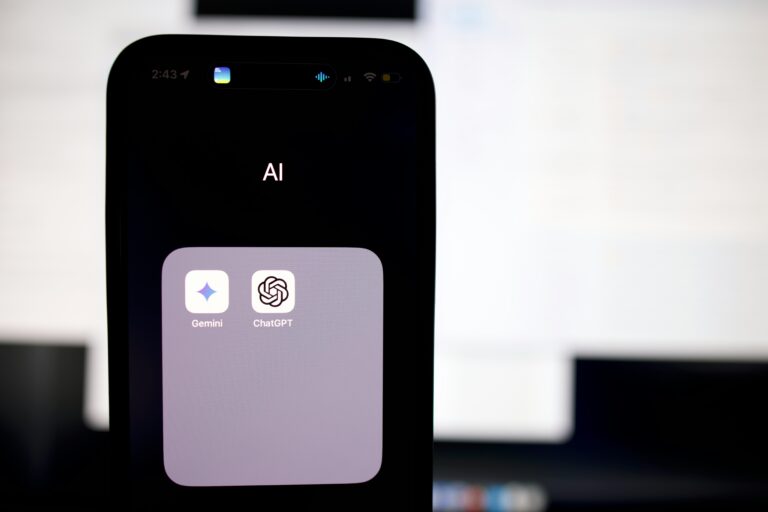As educators and learning leaders work to address achievement gaps in schools and among diverse populations nationwide, education technology is evolving to present increasingly impactful solutions. Of particular note are advancements by web-based math platform ASSISTments, which enables math practice to be delivered to countless students online all while supporting teachers and allowing learning scientists to conduct informative research. In an interview with 5 Questions, ASSISTments creator Neil Heffernan, the director of the Learning Sciences and Technologies program at Worcester Polytechnic Institute, discusses how his free platform is closing achievement gaps, aiding teachers, and benefiting science of learning research.
What Is ASSISTments?
ASSISTments is a free, web-based math platform for teachers and students between grades 3- 12. The tool is designed so that teachers can easily assign and review students’ homework from open educational resource textbooks. ASSISTments was designed to allow math practice to be delivered online with all the benefits of the technology while supporting teacher decision-making. The computer tracks students’ successes and struggles to give immediate feedback to teachers and delivers teacher-written hints to students to give immediate feedback to students. The system has a few adaptive components in the form of Skill Builder problem sets where students practice until they get three problems right in a row.

In 2011, the Institute of Education Sciences (IES) funded an efficacy study of ASSISTments. The findings revealed a substantial 75% increase in learning outcomes for students whose teachers utilized ASSISTments, in comparison to what normally happens in a year. In 2016, another study found ASSISTments had a significant positive long-term impact on students’ 8th-grade End-of-Grade (EOG) state test performance a year after the intervention was completed. Further, ASSISTments benefitted students of color significantly more than white students, and the impact on learning was stronger for Hispanic students than non-Hispanic students.
Why is it important?
ASSISTments is important for two reasons: 1) it helps to close achievement gaps, and 2) it enables learning scientists to conduct learning research.
Our nation is looking for tools able to help students who are minorities and suffer from poverty, and research done by independent evaluators showed that ASSISTments started to close these differences in these specific populations. Not only did we do this first in the state of Maine but also in a large replication study that found similar “gap-closing” results in North Carolina.
Our nation is looking for tools able to help students who are minorities and suffer from poverty, and research done by independent evaluators showed that ASSISTments started to close these differences in these specific populations.
What's Been the Biggest Surprise So Far?
The promise of artificial intelligence (AI) has been around for years (I’ve been teaching it for 20+ years), but the way it accelerated in 2023 was surprising. In June 2023, I published a paper that showed GPT3.5 had errors in 50 percent of our tasks—writing explanations. A few months later, we ran the same study and found that GPT 4.5’s error rate was down to 5 percent. That’s a pretty steep improvement!
A related surprise was the release of Meta’s LLaMa, their open-access large language model (LLM). A month after GPT 4.0 came out, Percy Liang at Stanford showed that you can train a LLM to get similar performance with a fraction of the budget. There was a natural assumption that little guys couldn’t compete with titans like Google or Apple which has been proven false. Since the release of LLaMa, Falcon LLM has come out of the Emirates, and Mistral has come out of France.
How will AI shift ASSISTments over the next 5 years?
The rise of open LLMs is already having a huge impact. We were recently funded by IES to develop a conversational AI tutor (CAIT) for ASSISTments to help students do their homework with an emphasis on social and emotional support. We will be using an Open LLM approach. Our next dream is to build a similar LLM-powered chatbot to serve as an assistant to the students’ teachers.
We were recently funded by IES to develop a conversational AI tutor (CAIT) for ASSISTments to help students do their homework with an emphasis on social and emotional support.
What Else Should People Know?
In 2023, a groundbreaking study revealed ASSISTment’s impact on math achievement and equity and how it is empowering students of diverse backgrounds. Educational solutions backed by robust research are possible and can have limitless potential in transforming math education and bridging educational gaps.




